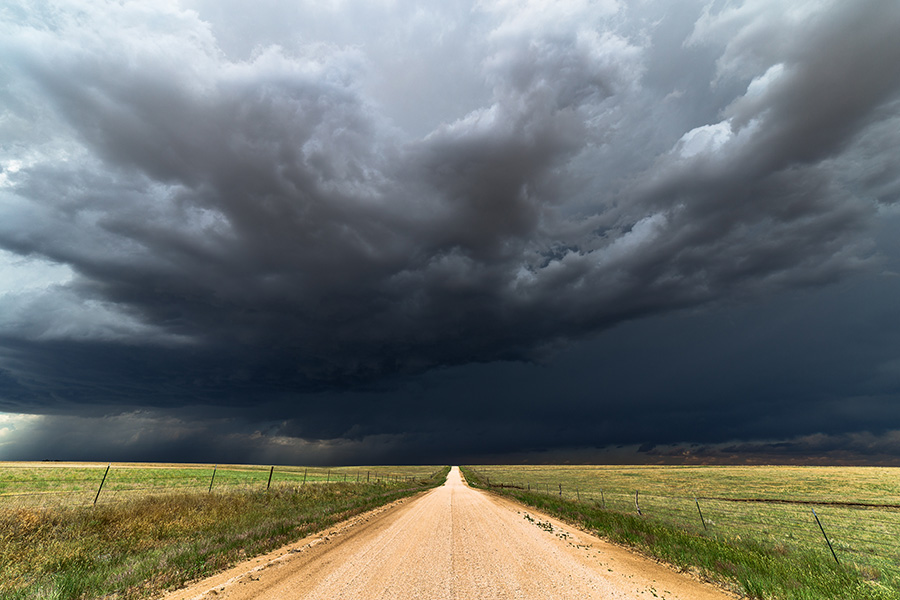In my line of work, I hear comments like this frequently:
“Despite what some are saying, I don’t think our economic hard times are over. In fact, some are saying online that the ‘experts’ are hiding how big our problems really are. Some think the whole world is on the brink of bankruptcy. If that’s true, how safe is any investment?”
In a New York Times column in 2009, Dennis Dutton reminded readers of the big Y2K panic…remember that scare just over 23 years ago?
Supposedly, computers—due to a programming oversight—wouldn’t be able read dates beyond 1999. Therefore, when the clock struck 12 a.m. on January 1, 2000, the world was going to plunge into chaos.
People were bracing for “aircraft to fall from the skies,” wrote Dutton. They feared that “electricity grids, water systems and telephone networks would be knocked out… nuclear power plants would be subject to meltdown. Savings and pension accounts would be wiped out in a general bank failure.”
Many expected “vast shortages of food and medicine, which would, in turn, produce riots, lawlessness and social collapse. Even worse, ICBMs might rise from their silos unbidden, spreading death across the globe.”
In his column, Dutton concluded that the Y2K fiasco was less about technology and more about humanity’s “morbid fascination with end-of-the-world scenarios.” According to Dutton, for many people, it’s always the end of the world as we know it.
Back in the 1970s, my father read books like How to Profit from the Coming Economic Disaster. He was concerned enough that he bought enough freeze-dried food to feed us for six months!
Fortunately, we never had to eat dehydrated broccoli. Instead, we got fodder for teasing Dad for years to come.
All this prompts a question: Why do we love doomsday predictions so much? Here are three possible explanations:
- They offer us entertainment. They’re like reality TV. Reality TV is just cheap entertainment (in more ways than one). It’s alluring precisely because it is staged to look so…real. We can picture ourselves in that same scenario (living for a month, trapped in a house with 10 super models…you know… reality).
Imagining a worldwide economic collapse is somehow entertaining to us, in the same way that we pay to watch movies that scare us out of our seats.
- They offer us distraction. Life can feel boring and mundane. Often, the things we need to do to be successful are not exactly exciting. Disaster scenarios can give us the feeling of being a part of something urgent and exciting…even if it would mean the end of life on the planet.
- They offer us simplification. Real life is complex. And the solutions to big problems are usually difficult to figure out and enact. Plus, it may take years to see a positive outcome. Disaster scenarios, on the other hand, typically offer a clear villain, an obvious problem, an unmistakable hero, and a victim that’s easy to spot (often you and me!).
To be sure, evil does exist (see: Hitler) and disasters do occur (see: Hurricane Katrina).
But like the economist who predicted 20 out of the last three recessions, an excessive focus on disaster can distract us from dealing with actual realities.
Get obsessed over a hypothetical “end of the world” and you’ll be ill-prepared for the actual world that keeps going.
To help you alleviate financial fears, I’ve written a short book called How to Put Financial Worries in Your Rear View Mirror. It’s free if you’d like a PDF copy. Email me at bmoore@argentadvisors.com, and I’ll send it to you right away.
Argent Advisors, Inc. is an SEC-registered investment adviser. A copy of our current written disclosure statement discussing our advisory services and fees is available upon request. Please See Important Disclosure Information here.

